Huawei has announced a three-year plan to challenge Nvidia's dominance in the AI chip market, a rare show of confidence and ambition from China's largest technology company amid growing technology tensions with the US.
At the Huawei Connect 2025 event in Shenzhen, Rotating Chairman Eric Xu introduced a new generation of AI chips and an upgraded SuperPod system, designed to connect up to 15,488 Ascend chips using Huawei's self-developed UnifiedBus protocol. Accordingly, this technology can increase data transmission speeds between chips up to 62 times faster than Nvidia's upcoming NVLink144 standard.
Huawei asserts that the strengths of the above system lie in its processing capabilities, network infrastructure and government policy support. This strategy is likened to a way of "taking quantity over quality" to narrow the performance gap compared to its US rival.
Bernstein analysts said Huawei's public announcement of its AI roadmap signals the company's strengthening of its domestic manufacturing capabilities, laying the foundation for its ambitions to build an autonomous semiconductor ecosystem.
Huawei’s plans come as a series of Chinese corporations, from Alibaba to Baidu, have announced progress in AI chips. This is a notable change, because for many years, most domestic companies kept their technology secret to avoid scrutiny from Washington. China now sees the chip industry as a focus in negotiations with the US, while encouraging domestic companies to “climb the value chain”.
Technically, the Ascend chips still lag far behind Nvidia and AMD. Some analysts estimate the performance of the next-generation Ascend 950 to be only about 6% of Nvidia’s VR200 superchip. But Huawei says that connecting millions of chips in “superclusters” can make up for that gap. The company also touted its own high-bandwidth memory architecture, with chip interconnect speeds expected to reach 4 terabits per second by 2028, compared to Nvidia’s current 1.8 terabits per second.
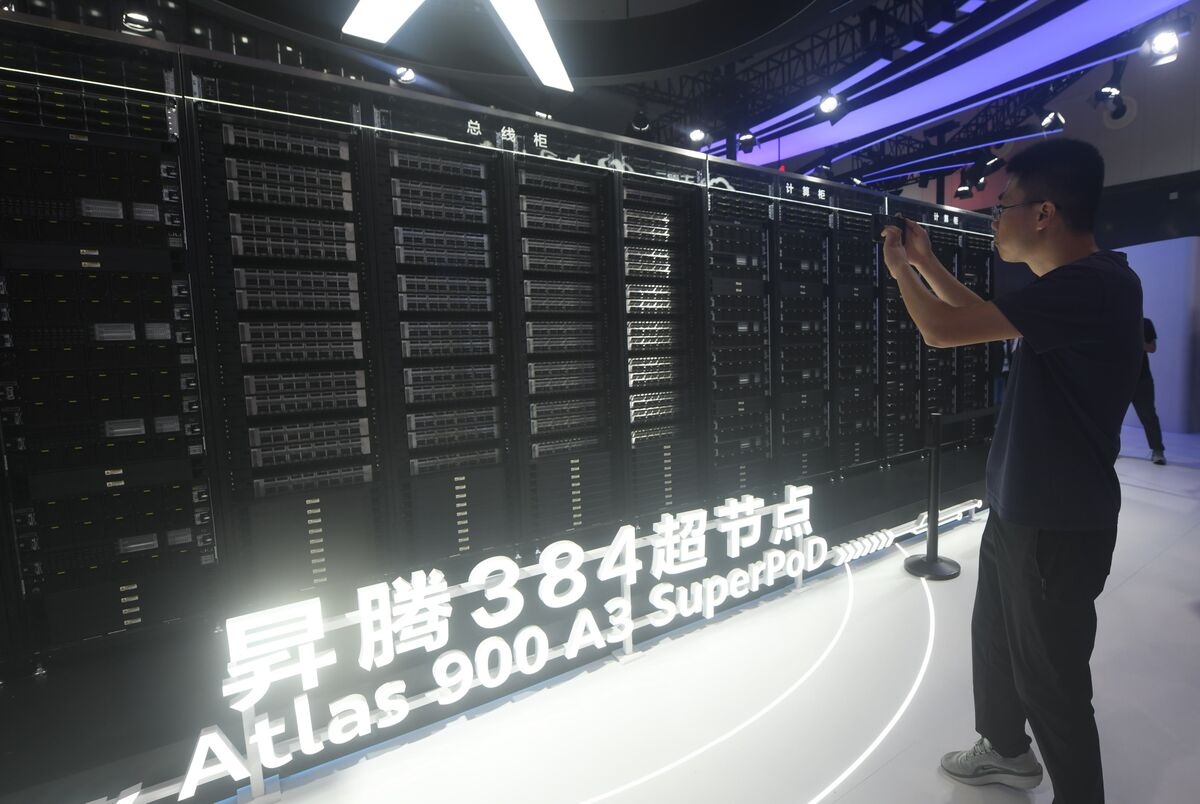 |
Huawei's SuperPod system speeds up data transmission between chips. Photo: Bloomberg . |
Meanwhile, Huawei's leadership also showed strong determination. Mr. Xu said the company believes that only with "SuperPod" and cluster technology, the company can overcome the limitations of chip manufacturing and provide a computing platform for China's AI development.
Meanwhile, Nvidia continues to maintain its dominance, with even AMD and Intel unable to compete head-to-head with the company in the AI field. With its technological advantage, global supply chain, and close relationship with TSMC, Nvidia still maintains a significant gap with all competitors, including Huawei.
Source: https://znews.vn/huawei-dat-muc-tieu-vuot-nvidia-post1587721.html





![[Photo] Prime Minister Pham Minh Chinh receives Director General of the World Intellectual Property Organization (WIPO) Daren Tang](https://vphoto.vietnam.vn/thumb/1200x675/vietnam/resource/IMAGE/2025/9/25/64a5925ecc2243e09bd7a5695b52e295)
![[Photo] Solemn opening of the 1st National Assembly Party Congress, term 2025-2030](https://vphoto.vietnam.vn/thumb/1200x675/vietnam/resource/IMAGE/2025/9/25/e995fd3a6c724c6c8264b371fb20ab67)










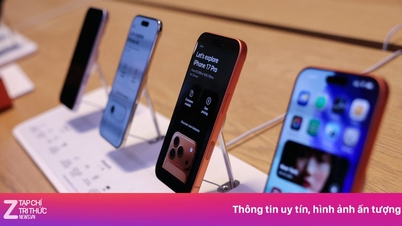





























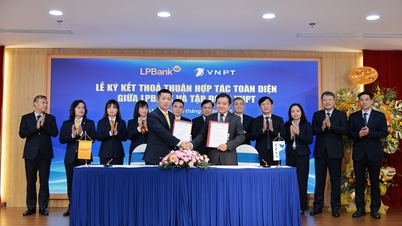









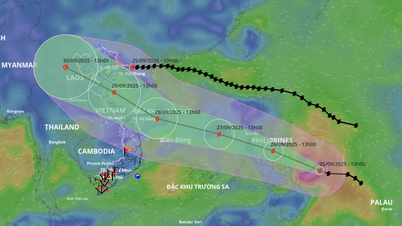










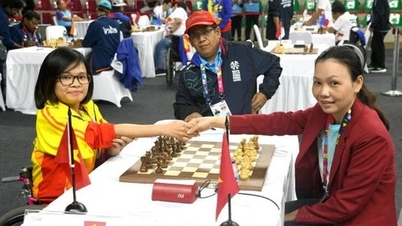


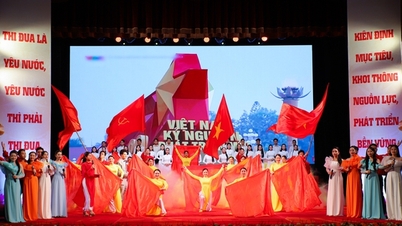







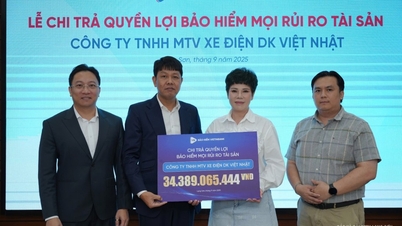

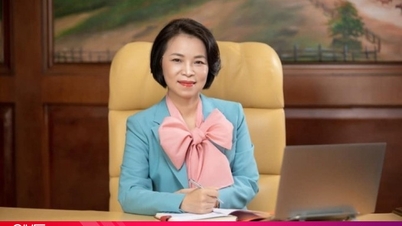








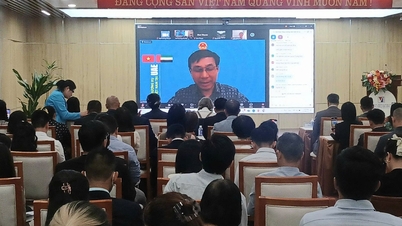





Comment (0)